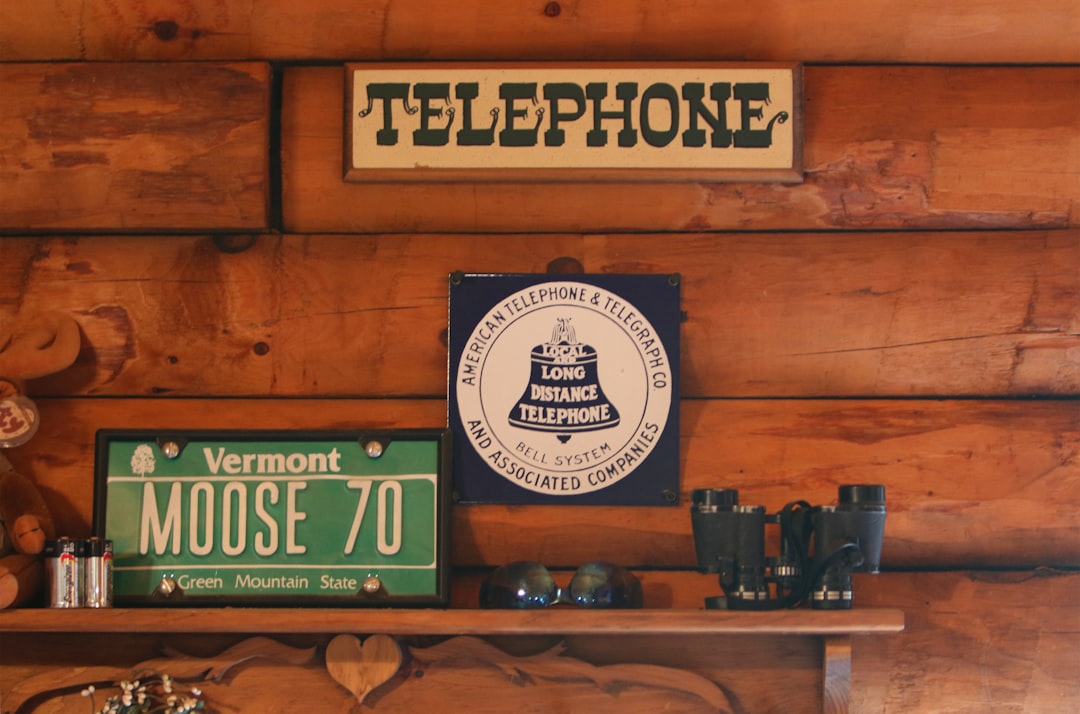Vermont's Do Not Call laws, established in 2004 and updated over time, protect residents from unwanted telemarketing calls. Specialized lawyers for Do Not Call Laws Vermont help ensure compliance and defend consumer rights against aggressive marketing tactics. These laws, with clear opt-out options and strict penalties, balance privacy protection and business interests while staying adaptable to evolving strategies.
“Unraveling the Evolution of Do Not Call Laws in Vermont: A Comprehensive Guide. Vermont, known for its progressive consumer protection measures, has played a pivotal role in shaping national privacy standards with its early adoption of Do Not Call (DNC) laws. This article explores the state’s journey from the evolution of consumer rights to the introduction of DNC lists on a national scale. We delve into Vermont’s unique position as an industry leader, the challenges faced, and the current status of its DNC regulations, offering insights for both residents and lawyers specializing in these laws.”
Evolution of Consumer Protection in Vermont

Vermont has a rich history when it comes to consumer protection, with a significant focus on empowering residents and curbing deceptive practices. The state’s journey towards robust consumer rights began early, setting a precedent for other regions. One notable milestone was the enactment of the Vermont Consumer Protection Act in the 1970s, which laid the groundwork for future regulations. This legislation aimed to protect consumers from unfair or deceptive acts, ensuring businesses operate transparently and ethically.
Over time, Vermont refined its consumer protection laws, addressing various sectors, including telecommunications. The state recognized the need for a specific law to tackle unwanted phone calls, leading to the implementation of Do Not Call lists and regulations. For those seeking legal guidance on these matters, a lawyer specializing in Do Not Call Laws Vermont can offer valuable insights and ensure residents’ rights are upheld in this evolving landscape.
Introduction of Do Not Call Lists: A National Effort

The concept of “Do Not Call” lists emerged as a national movement in response to the growing concern over unsolicited phone marketing, also known as telemarketing. This initiative aimed to protect consumers from unwanted calls and give them control over their personal time. In Vermont, just like many other states, the introduction of Do Not Call laws was a significant step towards ensuring privacy rights for residents. A lawyer specializing in Do Not Call Laws Vermont played a crucial role in navigating this new regulatory landscape.
These lists allowed individuals to opt-out of receiving marketing calls, providing a simple solution to an increasingly irritating problem. Consumers could register their phone numbers on these lists, effectively blocking calls from telemarketers and other commercial entities. This national effort paved the way for state-level regulations, including Vermont’s own Do Not Call Laws, which further empowered individuals to take control of their communication preferences.
Vermont's Early Adopting State Laws

Vermont was one of the early adopters of do-not-call laws, reflecting a growing awareness of the need to protect citizens from unwanted telemarketing calls. In 2004, the state enacted legislation that established a comprehensive do-not-call list, allowing residents to opt-out of receiving marketing calls at their home or workplace. This proactive approach positioned Vermont as a leader in consumer protection, empowering its citizens to take control of their communication preferences.
The implementation of these laws was driven by the increasing frustration with relentless telemarketing, leading many to seek relief from unwanted calls. A lawyer for Do Not Call Laws Vermont played a crucial role in advocating for and refining these regulations, ensuring they effectively balanced business interests with individual privacy rights. This early action set a precedent that influenced similar legislation across the nation.
Challenges and Loopholes: Testing the System

The effectiveness of Do Not Call Laws in Vermont, like any regulatory system, has been met with its fair share of challenges and loopholes. One significant hurdle is ensuring compliance among numerous call centers and telemarketers who might try to exploit gaps in the law. Despite efforts to tighten these laws, clever marketing tactics have led to many complaints about unwanted calls, even from numbers registered on the Do Not Call list. This has prompted Vermont residents to seek legal aid from experienced lawyers specializing in Do Not Call Laws Vermont to understand their rights and take necessary action.
Testing the system involves a continuous battle against innovative methods used by telemarketers to bypass regulations. As technology advances, so do the strategies employed for cold calling. This dynamic nature of the industry makes it crucial for both legal authorities and consumers to stay updated, informed, and proactive in safeguarding their privacy and peace of mind from intrusive marketing calls.
Refinements and Current Status: A Balanced Approach

Over time, Vermont’s Do Not Call laws have evolved and refined to create a balanced approach that respects both consumer rights and business interests. These developments aim to provide effective protection for residents who wish to limit unwanted phone calls while ensuring businesses can continue their marketing efforts responsibly. A key aspect of this balance is the inclusion of clear opt-out mechanisms, allowing consumers to easily register their numbers for exclusion from telemarketing calls.
The current status in Vermont involves ongoing monitoring and enforcement by relevant authorities, often with assistance from a lawyer for Do Not Call Laws Vermont. This ensures compliance with state regulations and provides legal recourse for both parties involved. Refinements include enhanced data management, stricter penalties for non-compliance, and increased public awareness campaigns. These measures contribute to a more harmonious ecosystem where consumers can enjoy peace of mind while businesses can engage in ethical marketing practices.






